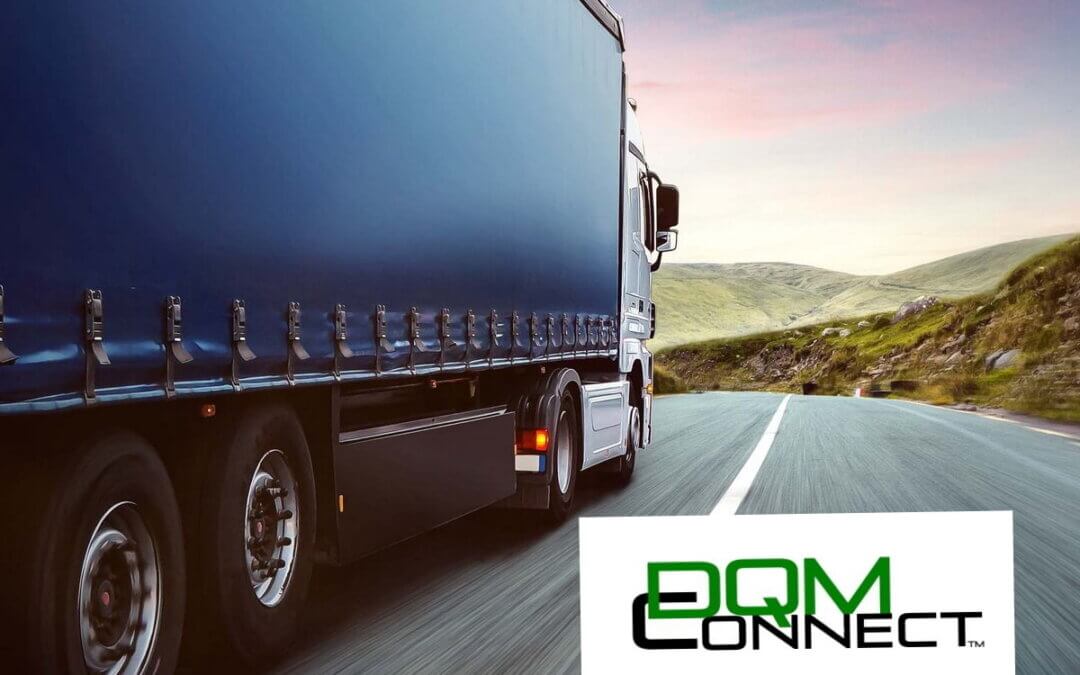
DOT Compliance, DQMConnect™
If your US-based operation employs professional drivers who operate vehicles weighing over 10,000 pounds, you are required by law to maintain Driver Qualification (DQ) files on every relevant driver you employ. To be specific, this includes:
- Vehicles weighing 10,001+ pounds
- Commercial vehicles that transport at least 8 passengers, including driver
- Any vehicle of any size transporting hazardous materials that require placards
As an aside, this also includes independent owner-operators. In this situation, you are considered to be both employer and employee in the eyes of the law and have all the same legal responsibilities as any other transportation company.
If any of these qualifiers includes your operation, it is critical to stay on top of your DQ files. These may be requested by authorities and investigators whenever relevant. In particular, should one of your drivers ever be involved in an accident due to their own error, a well-maintained DQ file that’s fully in compliance will be one of your best shields against legal liability.
For this reason, it’s highly advised that all transportation operations invest in DOT driver qualification file management software. Automation features and alerts make it much easier to maintain compliance while reducing your own workload.
What Goes into A DQ File?
There are numerous documents you are expected to maintain and update on a periodic basis to remain fully within legal compliance.
1 – DOT Employment Application
The original employment application includes numerous pieces of information which are required for your DQ file. And again, even if it seems silly for an owner-operator to fill out an employment application for themselves, this is a legal requirement.
The employee application should cover:
- The past three years of employment history, with no gaps in time which go unexplained. Any deviations such as time spent unemployed, or as a student, must be noted. Also, if the driver is operating a vehicle weighing 26,000 pounds or more, the requirement is ten years of history.
- All relevant records relating to the driver’s experience operating motor vehicles.
- Any accidents and other moving violations from the past three years. If none occurred, this should be noted.
- If the driver’s license was ever suspended or revoked during this period, this must be noted as well, or else include a statement saying that it has not.
Keep in mind, this application needs to be kept current and updated on an annual basis to reflect the most recent three-year period. (Or ten-year period for heavy truckers.)
2 – Medical certifications
Drivers are required to undergo physical evaluation and medical certification at least once every 24 months. It is the employer’s responsibility to demand these evaluations and keep records current. In certain situations, existing medical conditions may mandate more frequent evaluations to demonstrate the driver’s competency.
3 – CDL testing and certification documentation
The file should include a current copy of the driver’s CDL. If the position does not require a CDL, you need to include alternative certifications demonstrating their competency with whatever vehicle they operate. It is, again, your responsibility as an employer to maintain driver’s license compliance and be able to demonstrate the legal status of your drivers.
4 – MVRs and Violations
You are expected to maintain copies of the drivers’ Motor Vehicle Report (i.e., their driving history) for the past three years, including all states in which the driver has held a license. These should be updated at least once every 12 months.
5 – Safety Performance History Investigations
All drivers in DOT-regulated positions must have a safety history investigation, which includes contacting past employers. This should include:
- Written authorization from the driver to allow the investigation. Yes, owner-operators, you must grant yourself permission to investigate yourself.
- All responses from prior DOT-regulated employers. If a past employer fails to respond to the investigation request, this must be noted, along with documentation of how you attempted to contact them or otherwise obtain the information.
- If this is the driver’s first DOT-regulated job, this should be noted.
Better DOT Driver Qualification File Management Software Keeps You in Compliance
This is a lot of information to gather, review, and maintain – and the difficulty only grows with the number of drivers in your workforce. The best way to maintain compliance is with DOT driver qualification file management software. Modern solutions can automate many aspects of the process, give reminders when key documents must be reviewed/updated/renewed, and prevent any user errors maintaining compliant documentation.
DOT Driver Qualification File Management Software
Vehicle Licensing Consultants specializes in providing the tools that today’s transportation managers need to maintain compliance. DQMConnect™ puts everything you need in one place, with an easy-to-use interface.
If you struggle to maintain your DQ file, click here to learn more about DQMConnect™ or request a free 30-day trial.
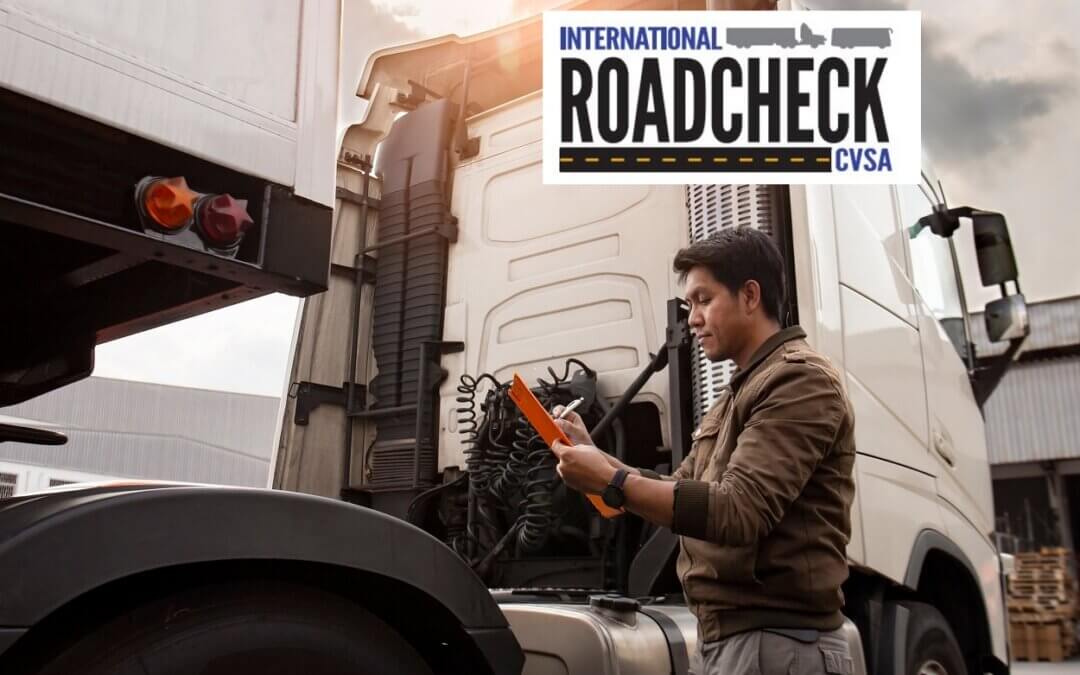
DOT Compliance, DQMConnect™
The worst event in professional transportation is almost here again. Roadcheck 2022, a 72-hour regulatory enforcement event, is set to begin on May 17 and last through May 19. For those three days, inspectors will be empowered to pull over any commercial motor vehicles at random for on-the-spot inspections and paperwork verification.
For newer operations, or drivers, this can be a shock – and potentially bring expensive penalties. here’s what you need to know.
Preparing For Roadcheck 2022
The first thing to know is that every annual Roadcheck event has a specific focus, an area of compliance that inspectors will focus on. This year, the theme is wheel end compliance. In fairness, as wheel-related problems are believed to cause roughly 25% of accidents, it’s understandable why this would be a focus.
So above all, you must ensure your vehicles’ wheels, hubs, and tires are in top condition. Any violations will be met with steep penalties.
The inspectors will specifically be looking for:
- Loose, missing, or broken wheel fasteners
- Any damage to rims, inside and out
- Unseated locking rings, or damaged locking rings
- Lubricant leaks
- Missing caps and plugs
- Tire leaks, including valve stem issues
- Tire inflation violations
To be clear, inspectors will not solely focus on the wheels. All aspects of the vehicle may be inspected, including the brakes, cargo containers, couplings, exhaust, driveshafts, even the windshield wipers. Your vehicles need to be in top condition!
In addition, paperwork will also be examined. This is where good driver file software management can be a big help. Your drivers will be expected to produce up-to-date medical cards demonstrating their physical capability, as well as documenting any relevant medical issues. Their driver’s licenses will be run, and they may be forced to produce other pertinent certifications and documentation as well. If you are maintaining your records well, it will be far easier for you to ensure all your drivers’ paperwork is in order, and that they have proper documentation ready on demand.
We Provide Cutting-Edge Driver File Software Solutions
Vehicle Licensing Consultants specializes in helping transportation companies manage and navigate the bureaucracy of the transport industry. Our software solutions can manage every aspect of your Driver Qualification files, providing warnings as needed when information is out-of-date, or critical deadlines are coming. With DQMConnect™ on your side, passing the paperwork side of Roadcheck 2022 will be much easier.
There’s still time to get in compliance. Click here to request a free 30-day trial of DQMConnect™!
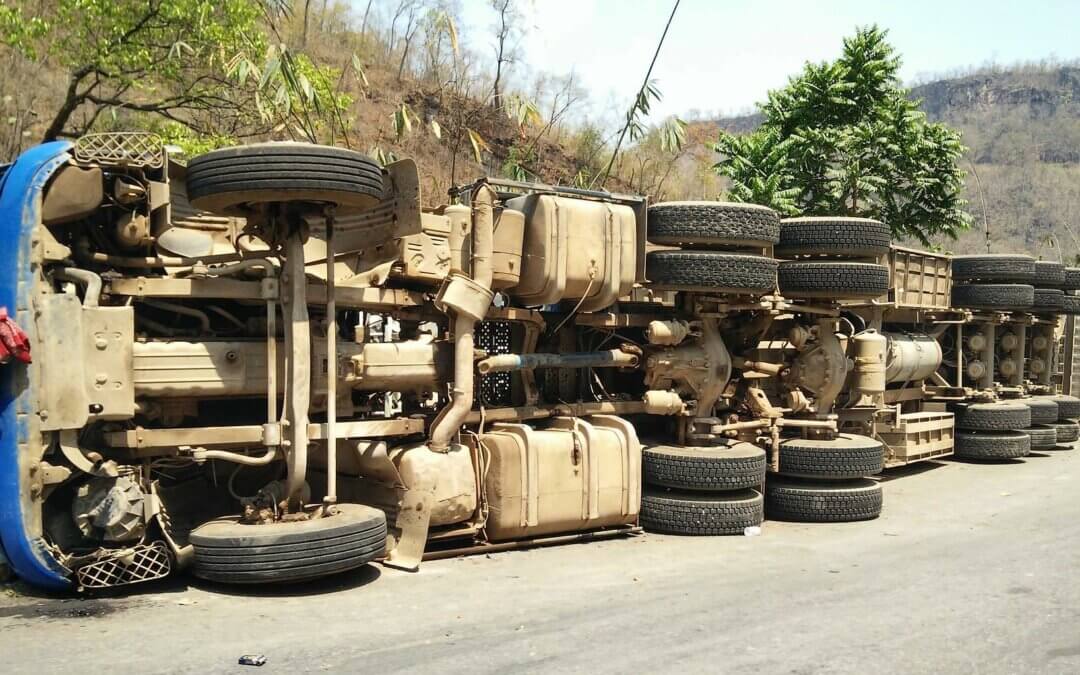
DOT Compliance, DQMConnect™
Accidents are an unfortunate fact of life in the transportation industry. With millions of trucks on the road every day, incidents will occur – and when they do, you need to be protected. Even though over half of accidents are due entirely to driver error, investigators will still expect you to demonstrate due diligence to reduce your own liability. Proper DOT driver qualification file management makes this far easier to achieve!
Why DQ File Management Matters
The Driver Qualification (DQ) file is a set of documents, mandated by the Department of Transportation regulation, demonstrating the fitness of a driver for their job. You must maintain a DQ file on all commercial drivers operating machinery weighing 10,001 pounds or more.
This file includes:
- Current driver’s license and status
- Motor vehicle records
- Credit and background check records
- Drug tests and results
- Driving record and previous violations if any
- Medical evaluations and certifications
- FMCSA clearinghouse queries
- And more
This file is your master record of a driver’s fitness – and your go-to source of proof that you have done your job properly as an employer. Without this information, you could become liable for drivers’ mistakes on the road.
For example, if you were unable to produce proof that you conducted background checks on your driver, that could be used against you if they had black marks on their past driving record. If they were not given regular physical checkups, or you lack documentation, a physical failing on the job could also become your legal responsibility.
In other words, good DOT driver qualification file management isn’t just the law, it’s also a very good idea. If your DQ files are well-maintained while being constantly reviewed and updated according to standards, your operation will be on much better legal footing should an accident occur on the road.
If not, your operation could end up on the hook for any and all damages done, and potentially face criminal action as well, depending on the severity of the situation. This must be avoided at all costs because a single case could be financially disastrous.
DOT Driver Qualification File Management
Vehicle Licensing Consultants specialize in helping professional fleets manage and maintain their fleets and drivers while staying fully within legal requirements. DQMConnect™ is your all-in-one tool for DQ file management! Click here to learn more, or request a free 30-day trial.

DOT Compliance, DQMConnect™
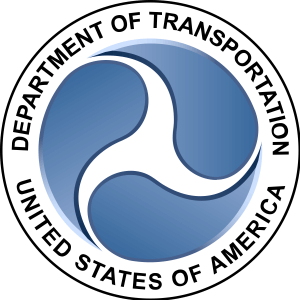 Are you aware that you may be required to keep driver qualification files for your non-CDL drivers?
Are you aware that you may be required to keep driver qualification files for your non-CDL drivers?
Yes, it is true. DOT requirements are not limited to CDL drivers. DOT compliance is determined by vehicle weight. So, even if you only have non-CDL drivers, you may still need to maintain driver qualification files.
At VLC, we understand the challenges of sifting through all the rules and regulations necessary for your company to stay in compliance. So, we are covering a few important points and urging you to contact us if you have any more details questions or concerns.
While you only need a CDL for a vehicle that is 26,001 pounds or greater, there are circumstances that require you to maintain driver qualification files for non-CDL drivers. Here is the list to help you stay in compliance:
- Any interstate driver of a vehicle that has a GVW (gross vehicle weight) of over 10,000 pounds.
- Any interstate driver of a vehicle that has a GVWR (gross vehicle weight rating) of over 10,000 pounds.
- Any interstate driver of a vehicle that has a GCW (gross combination weight) of over 10,000 pounds.
- Any interstate driver of a vehicle that has a GCWR (gross combination weight rating) of over 10,000 pounds.
- Any driver transporting hazardous materials.
- Any driver transporting more than 8 people for compensation (count includes the driver)
- Any driver transporting more than 15 people with no compensation (count includes the driver).
.. Therefore, you might only have non-CDL drivers and still need to maintain DOT compliance.
As a word of caution, requirements do change slightly from state to state. Contact VLC for your state’s commercial motor vehicles requirements. In summary, even if you only have non-CDL drivers, you may still need to maintain driver qualification files. Let us show you how to get started, quickly and easily with DQMConnect™. Driver qualification file management (including hiring, onboarding, secure storage, and renewals) has NEVER been easier!
Vehicle Licensing Consultants
A Virtual Projects, LLC Company
Fleet & Driver Compliance…Fleet Tracking Software
530-384-3884

DOT Compliance, DQMConnect™
If you’re a DOT-regulated company, then you know that audits are a regular part of life. The DOT Safety Measurement System (SMS) has increased the number of targeted audits in recent years, so it’s more important than ever to make sure that your business is prepared. In this article, we’ll discuss how to prepare for a DOT audit using Whip Around, an easy-to-use inspections and maintenance tool. We’ll also provide a checklist for DOT audits and explain why it’s so important to be prepared with comprehensive DOT driver qualification files.
Avoid Confusion with File Disorganization
One of the biggest challenges in preparing for a DOT audit is avoiding confusion with file disorganization. This is where Whip Around can be really helpful. With Whip Around, users can quickly and easily complete inspections and maintenance reports for vehicles and assets.
The intuitive interface makes it easy to find the information you need, and the report templates make it easy to organize your data. This can be a real lifesaver during an audit when DOT inspectors will be looking for specific information.
Prepare for the Four Types of DOT Audits
There are four common types of DOT audits: compliance, safety, security, and hazardous materials. Each of these audits has its own set of requirements, so it’s important to be prepared.
– Compliance audits focus on ensuring that your company is in compliance with DOT regulations. This includes things like driver qualification files, drug and alcohol testing programs, and record-keeping.
– Safety audits are designed to identify and correct safety hazards. These audits will check things like driver safety training, vehicle inspection and maintenance programs, and collision reporting procedures.
– Hazardous materials audits are designed to ensure that your company is complying with DOT’s hazmat regulations. This includes things like shipping papers, placarding, and emergency response procedures.
– Security audits are designed to ensure that your company is taking the necessary steps to protect its employees and customers from terrorist threats. These audits may focus on topics like driver screening, cargo security, and facility security.
The DOT checklist below will help you prepare for any type of DOT audit:
– Make sure that you have a comprehensive DOT driver qualification file. This file should include all of the information required by DOT regulations, including driver safety performance data and drug and alcohol test results.
– Review your compliance with DOT regulations. Make sure that you are aware of all the DOT regulations that apply to your company and that you are in compliance with them.
– Conduct safety audits to identify and correct safety hazards. Having an automated system in place will help you identify issues before they become a problem for any potential audit.
– Conduct security audits to ensure the security of your DOT-regulated products and transportation systems. Doing this internally will put you ahead of any issues in an audit.
– Make sure that you comply with DOT regulations for handling hazardous materials. These audits are the least common, however, the fines can be high if you are found to not be compliant, so it is a good policy to keep up to date and compliant in this area as well.
What makes a driver qualification file DOT-compliant?
A DOT driver qualification file is DOT-compliant if it contains all of the information required by DOT regulations. This includes driver safety performance data, drug and alcohol test results, and other information as specified by DOT regulations.
It could also include information about driver training and safety programs, so you should keep these records for as long as you have DOT-regulated drivers, and are still working for your company.
How does a system like Whip Around help for your DOT compliance?
A system like Whip Around helps DOT compliance by providing an easy and efficient way to complete DOT inspections and maintenance reports. With Whip Around, users can quickly find the information they need and generate detailed reports that are DOT-compliant. This can help you avoid confusion during a DOT audit and ensure that your business is in compliance with all DOT regulations.
Additionally, even when there is no DOT audit looming on the horizon, a system like Whip Around can be an invaluable tool for safety and compliance. With regular DOT inspections and maintenance reports, you can stay on top of any potential safety or compliance issues before they become a problem.
Overall, having one central system managing DOT inspections and maintenance reports gives your company the overview it needs with added in-depth insights that would otherwise be impossible to find manually.
Why Does the Department of Transportation Do Audits for DOT Compliance?
The DOT Safety Measurement System (SMS) is a computer-based system that measures the safety performance of DOT-regulated companies. The SMS uses data from roadside inspections and other sources to calculate safety scores for individual companies and for groups of companies. These scores are used by the DOT to determine which companies will be audited.
The DOT is increasing the number of targeted audits in response to the high number of safety violations that are currently being detected. It is, therefore, more important than ever to make sure that your business is prepared for an audit.
What is the DOT looking for?
DOT inspectors are looking for evidence that your company complies with DOT regulations. Fines can be hefty for DOT violations, so it’s important to make sure that you are in compliance. DOT inspectors will also be looking for safety hazards and security vulnerabilities or anything that could compromise the integrity and quality of your operation.
Always Be Prepared
Being prepared for a DOT audit can save you time and money, and it can help you avoid penalties and fines. The DOT Safety Measurement System is increasing the number of targeted audits, so it’s more important than ever to make sure that your business is prepared.
Audits Are Increasing, Gear Up Now!
The DOT has been increasing the number of targeted audits in recent years, and that trend is likely to continue. Don’t get caught off guard, and get the best advice from Vehicle Licensing Consultants to prepare for your DOT audit.
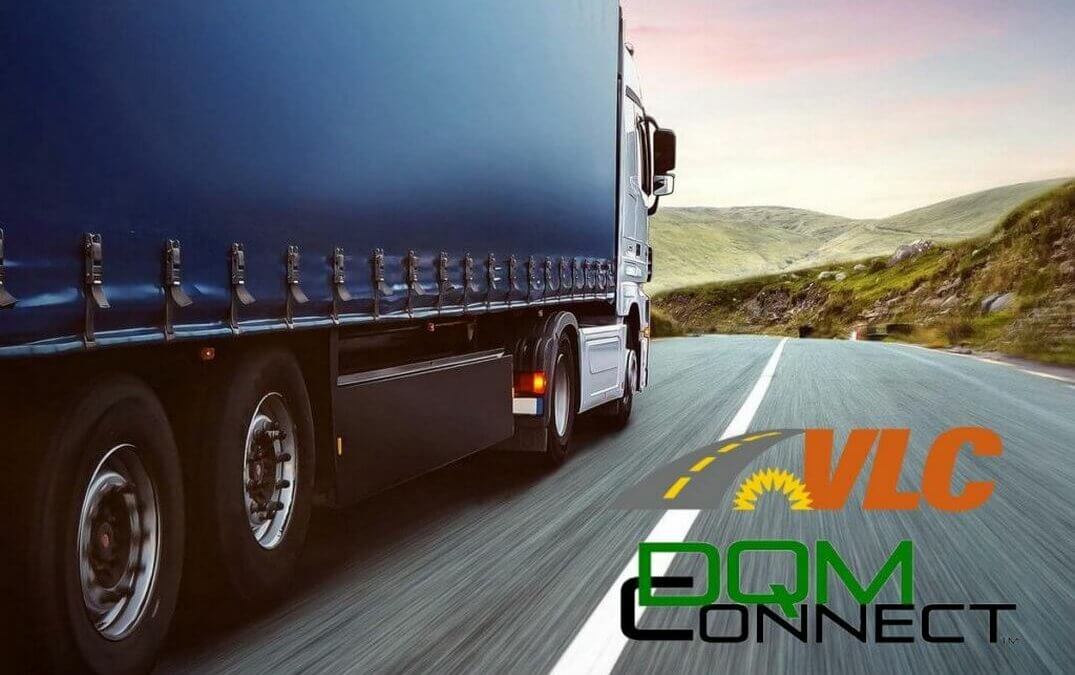
DOT Compliance, DQMConnect™
If you’re a business owner who employs commercial drivers, then you know how important it is to keep track of their driver qualification files (DQFs). DQMConnect is the leading driver qualification management software on the market, and for good reason. It offers many advantages over other DQF management solutions. In this article, we will discuss what DQMConnect is, and why you need it for your driver qualification management software needs.
DQMConnect: What is it?
DQMConnect is a cloud-based software application that helps businesses manage their driver qualification files. It offers several benefits over other DQF management solutions, including:
– Ease of use – DQMConnect is easy to use, making it simple for business owners to track and manage their DQFs.
– Centralized storage – DQMConnect stores all of your DQF data in a centralized location, making it easy to access and update.
– Automatic updates – DQMConnect is constantly updated with the latest DOT regulations, ensuring that you always have the most up-to-date information.
– Compliance tracking – DQMConnect tracks your DQF compliance, ensuring that you always meet DOT regulations.
What a driver qualification file is
A driver qualification file is a document that contains information about a commercial driver. It includes things like the driver’s name, address, and driving record. DQFs are required by the DOT for all commercial drivers.
Who needs to have a driver qualification file?
All businesses that employ commercial drivers must maintain DQFs. This includes trucking companies, bus companies, and freight brokers. These files are used for driver safety and compliance with DOT regulations. They often include:
- Driver Application for Employment
- Inquiry to Previous Employers (3 years)
- Inquiry to State Agencies
- Copy of Medical Examiner’s Certificate *Driver must have this in their possession while driving
- Driver’s Road Test
- Copy of Certification of Road Test
- Annual Driver’s Certificate of Violations
- Annual Review of Driving Record
- Checklist for Multiple Employer
DQMConnect Helps With DOT Driver Qualification Files
DOT is constantly changing its regulations for commercial drivers. DQMConnect is updated with the latest DOT regulations, so you can be sure that your DQFs are always in compliance. DQMConnect also tracks your DQF compliance, so you’ll never have to worry about being fined by the DOT.
Even More Benefits
There are so many benefits of DQMConnect, it’s hard to list them all. Here are just a few more:
– Increased efficiency – DQMConnect helps you manage your DQFs more efficiently, saving you time and money.
– Improved safety – DQMConnect helps ensure that your drivers are always in compliance with DOT regulations, which improves driver safety.
– Peace of mind – DQMConnect gives you peace of mind, knowing that your DQFs are in good hands.
The Ultimate in Driver Qualification Management Software
If you’re looking for a reliable and easy-to-use DQF management solution, then DQMConnect is the answer. It offers many advantages over other solutions, and it’s always up to date with the latest DOT regulations. Contact Vehicle Licensing Consultants to learn more about DQMConnect and how it can help you manage your driver qualification management software needs.




 Are you aware that you may be required to keep driver qualification files for your non-CDL drivers?
Are you aware that you may be required to keep driver qualification files for your non-CDL drivers?

